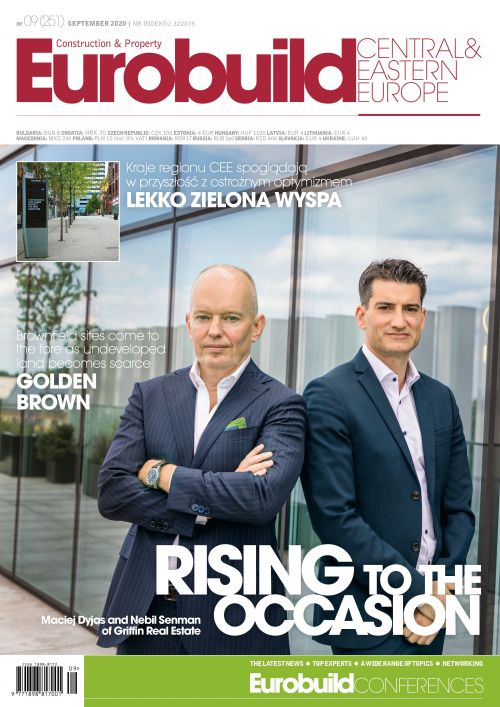Many sectors of the economy have suffered immensely due to the onslaught of the coronavirus. The conference and event segment – which is closely related to the hotel sector – is still on its knees. Retail also has yet to fully recover, while short-term rental apartments remain empty. Hotels, guest houses and rented apartments were all forced to shutter up until May – and even then their doors were only opened to those wearing masks and using disinfectant. According to a recent report by CBRE, occupancy fell by 10 pct in March, the first month of the lockdown. The figure sank to almost zero in April (although some hotels were allowed to put up medical workers). When the government began to ease the restrictions in May, hotels were finally allowed to take in regular guests, but only under the most stringent hygiene controls. In June, after the restrictions were eased once again, hotels were only seeing occupancy rates in single figures. So does the hospitality sector even have a fu





























































